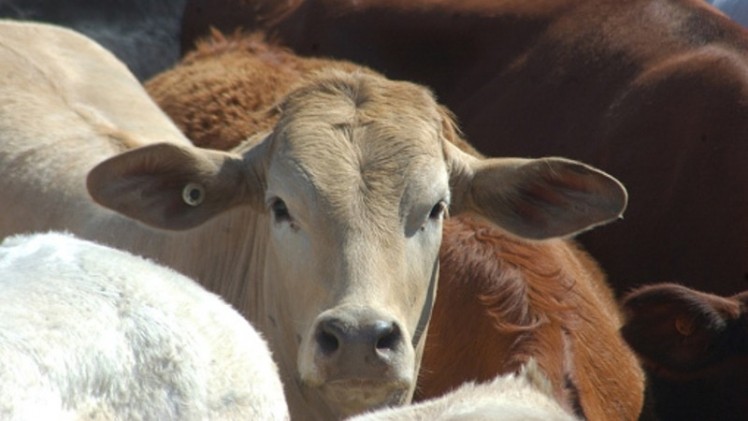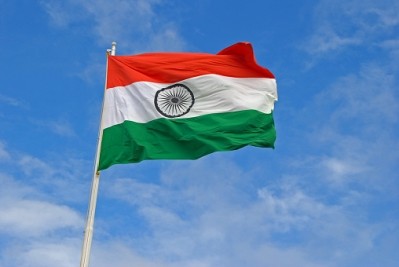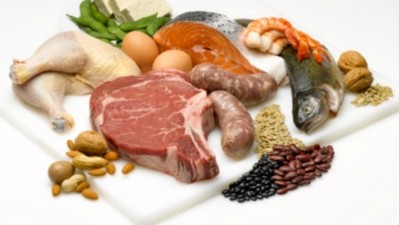Free trade frustration: Cold-chain and cattle disputes hold Indonesia back despite Australia deal

The FTA is dubbed the Indonesia-Australia Comprehensive Economic Partnership Agreement (IA-CEPA) and will come into force on July 5.
Australia will see tariff eliminations on over 99% of commodities exported to Indonesia, such as frozen beef, sheep and goat meat, dairy, fruits and nuts; and phased/reduced tariffs on many others such as sugar, vegetables and honey, whereas Indonesia’s will also see zero tariffs for most of its exports, and many other people, investment and services-related gains.
All the tariff cuts are in addition to those already in force under the regional ASEAN-Australia-New Zealand FTA (AANZFTA), which both countries are a part of.
Negotiations have been ongoing since 2005, meaning that the IA-CEPA took some 15 years for both parties to reach an agreement, but despite the ratification finally happening, industry analysts have warned that there are still some kinks to iron out, especially for Indonesia.
“Even with all the tariff eliminations, cold-chain storage access still remains a major issue for Indonesia, and it will need to increase its capacity if more Australian exports, especially fruits and vegetables such as strawberries, potatoes and carrots, are to enter the country,” trade policy consultancy ITS Global public policy advisor Khalil Hegarty told FoodNavigator-Asia.
“Especially given the warm climate in Indonesia, it is going to be a challenge to keep this produce cold and get them to warehouses in time without proper cold chain storage, much less keep them for long enough [to sell to consumers and make any profit.”
ITS Global international trade expert Jon Berry added that this might serve as an impetus for Indonesia to look at live animal imports instead.
“The lack of cold-chain capability means that there might be no way there to refrigerate frozen meat when it is imported, so could be a big driver for them to import live animals and do the processing there instead,” he said.
That said, there are still many underlying challenges that trade in this particular sector faces, especially for live cattle, as there are ongoing disputes surrounding this that have persisted for nearly a decade.
Back in 2011, then-agriculture minister Joe Ludwig issued a ban on Australian cattle exports to Indonesia after local TV documentary A Bloody Business revealed traumatizing scenes of Australian cattle being mistreated in Indonesia after being exported.
Prior to the ban, in 2010 Australia had exported some A$400m (US$271.7m) worth of live cattle to Indonesia, and the implementation of the ban meant it took years for trade between the two countries to get back on track.
“The documentary showed some shocking footage of Indonesian meat processing plants that were really rooted in animal-welfare issues, and eventually caused Australia to ban all live exports. It’s been a big bone of contention between the two countries,” said Berry.
“Basically, Australia strongly protested the treatment of their cattle, whereas Indonesia said they were overreacting.”
On June 2, the Australian Federal Court ruled Ludwig’s decision in 2011 to have been reckless and biased, even saying that ‘such a total prohibition was capricious and unreasonable’ – but public sentiment is a hard thing to overthrow, and little seems to have changed in Indonesia’s cattle slaughtering practices so far.
Legal concerns
Interestingly, industry body Australian Council of Trade Unions (ACTU) has protested the IA-CEPA, saying that there are clauses in it that make Australia vulnerable to being sued by Indonesia firms, as well as allows more ‘temporary, easily exploited workers’ from Indonesia entry into the country via temporary working visas, risking local jobs.
“No independent analysis has been done and this could have a huge impact on chefs, nurses, plumbers, carpenters, bricklayers, tilers and many more workers who are already struggling to find enough work,” ACTU President Michele O’Neil told The New Daily.
Trade Minister Simon Birmingham responded by calling these criticisms ‘astonishing’, adding that it would in fact create ‘more jobs for Australians’
“[Also], the fact is, there’s never been a successful investor-state dispute settlement claim brought against the Australia government, but Australian investors have used those provisions, in a small number of cases, to protect their interests in investments overseas,” he said.
Hegarty clarified that the clause referred to here is actually the Investor state dispute settlement (ISDS) clause, which is commonly found in government treaties, especially when it comes to investments.
“It is normally for when a ‘risky agreement’ is being signed, so as to reassure foreign investing companies that the government is not going to suddenly change the rules and take away their assets, so as to encourage investment into the country – so agreement with countries that have strong legal systems such as Japan and the UK normally wouldn’t see this clause,” he said.
“This allows foreign companies to take it up directly with the government and sue in private tribunal if their investment obligations have been violated by said government, whereas without this clause the companies would have to take it back to their own government to handle, drawing out the issue.
“It’s actually quite common in FTAs, though only routinely in bilaterals, but not a strange thing at all.”

















